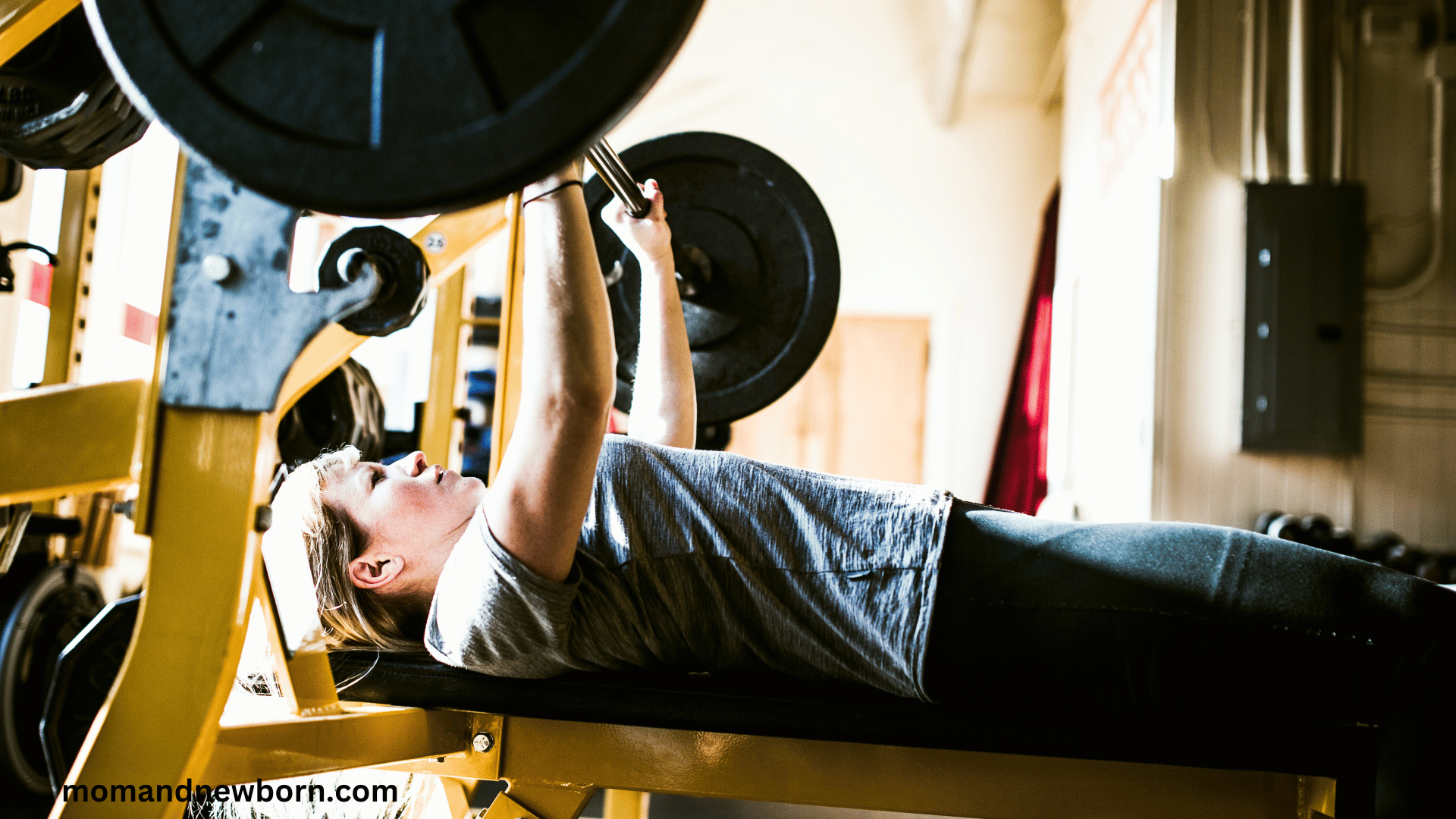Bench Press and Calorie Burn: What You Need to Know
One of the most fundamental chest exercises is the bench press. It’s the name of the exercise that gives you the most chest muscle activation. In the gym, it is one of the most popular movements among athletes. It’s a popular workout for training the upper body. It provides a lot of muscle gain when done correctly and consistently.
What are the benefits of bench press?
The bench press is an excellent workout for bone health because it creates very small microcracks in the bones that heal with calcification. Solid and developed bones are among the various benefits this exercise will provide.
The bench press is an essential exercise for building pectoral muscles. It is beneficial for building many strengths of the upper body. It also activates the anterior deltoids, musculus triceps, abdominal muscles (abs), and leg muscles, i.e., quadriceps, calf, and gluteus. These muscles work when we move with concentration and mindfulness.
Also, research has proven that weight training helps increase short- and long-term testosterone levels. Exercises such as bench presses, squats, and deadlifts are the best triggers for rising testosterone levels.
A person new to the bench press may be curious about which muscles this exercise activates. The bench press is a movement that makes the chest work hard.
With the bench press, you can burn calories neatly if you exercise regularly and work properly. It’s even possible to burn between 50 and 300 calories on average. (1)
How many calories does the bench press burn?
The number of calories burned during 100 press-ups (also known as push-ups) will vary depending on factors, including your body weight, fitness level, and the intensity of the exercise.
However, as a general estimate, here are the approximate number of calories burned during 100 press-ups for an individual who weighs approximately 155 pounds (70 kg):
- 100 standard push-ups (moderate intensity): Approximately 30-50 calories
- 100 plyometric push-ups (high intensity): Approximately 50-60 calories
Alternative movements of the bench press
The push-up exercise is the most accessible and popular bench press alternative:
- Dumbbell press movement
- Incline barbell press
- Incline dumbbell press
- Smith Machine bench press
References: Saeterbakken AH, Mo DA, Scott S, Andersen V. The Effects of Bench Press Variations in Competitive Athletes on Muscle Activity and Performance. J Hum Kinet. 2017 Jun 22;57:61-71. doi: 10.1515/hukin-2017-0047. PMID: 28713459; PMCID: PMC5504579.
Is it OK to bench press everyday?
It is generally not recommended to bench press every day. The bench press is a compound exercise that primarily targets the chest, shoulders, and triceps, and it can be a very effective exercise for building upper body strength and muscle mass. However, like all exercises, bench pressing stresses the body and requires time for recovery and repair.
Allowing at least 48 hours of rest between chest workouts is generally recommended for adequate recovery. If you want to work your chest every day, it’s essential to vary your workouts and include exercises that target different areas of the chest and use other muscle groups. This can help to prevent overuse injuries and promote balanced muscle development.
Why can’t I bench press heavy?
- Poor technique: If you are not using proper form and technique when bench pressing, it can limit your ability to lift heavy weights. Ensure you use good bench press form, including keeping your elbows tucked in, your back arched, and your feet planted firmly on the ground.
- Weak muscles: If you have yet to develop the necessary strength in the muscles involved in the bench press, you may struggle to lift heavy weights. Ensure you incorporate exercises targeting the chest, shoulders, and triceps into your workout routine to build strength and muscle mass.
- Lack of practice: Like any exercise, the bench press requires practice and repetition to improve. Building the necessary strength and technique to lift heavy weights may take time if you have yet to train your chest and upper body consistently.
- Injuries or imbalances: Injuries or imbalances in your upper body can limit your ability to bench heavy-press weights. Make sure to address any imbalances or injuries with targeted exercises and stretching.










One Comment